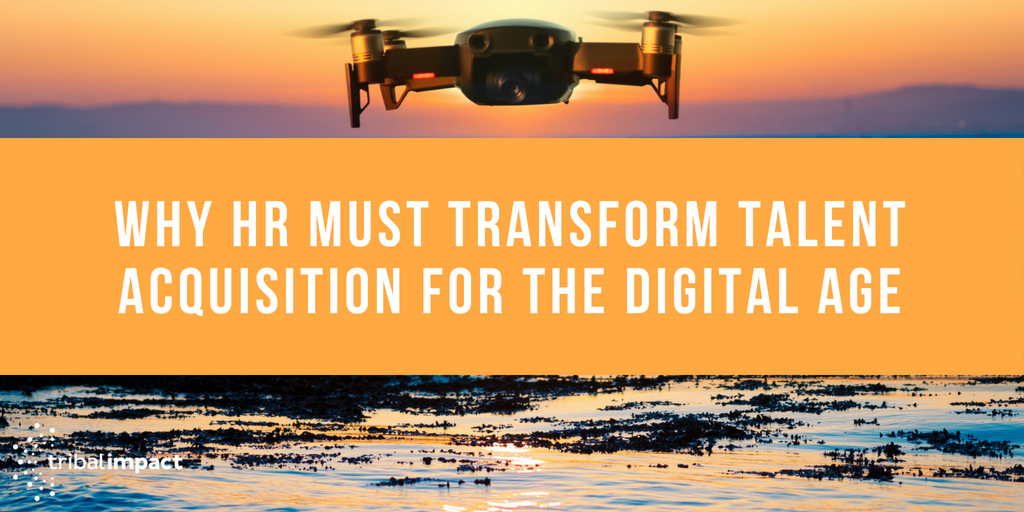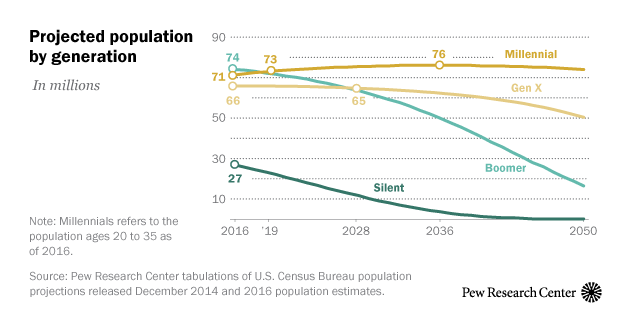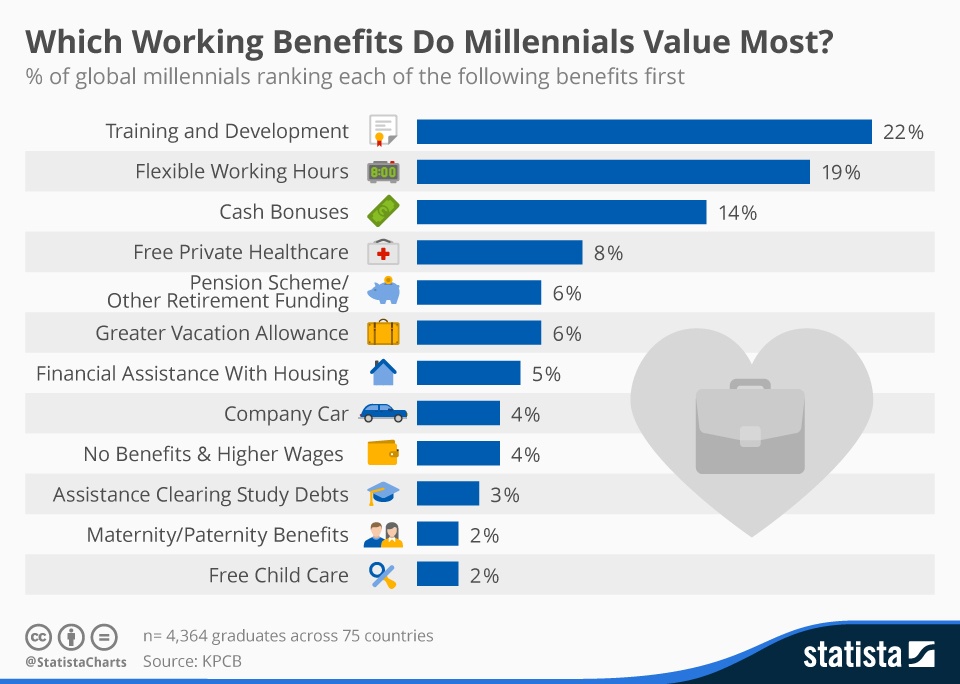Guest blog by Sarah Duggan
Our digital age is changing the way we do business in so many ways: how we engage with prospects, how we build relationships, how we research into potential purchases.
As a Psychologist who consults on a range of HR-focused areas, such as organisational development, and the acquisition and management of talent, I want to see these changes flow through the business to reach all of the support functions.

For me, the increase in online interactions is putting the recruitment process at risk in terms of candidate experience. I want to see HR teams following the example of Marketing and Sales in evolving their processes to make the most of the technology available. If recruiters adopt marketing strategies, they will improve their chances of attracting the best talent. A recruiters’ priority should be to connect and engage with the talent they are sourcing and market to them through social media. We know that content marketing is effective and by thinking of recruitment in the context of a sales funnel, we can start to identify at what point people are ‘falling out’ of the system. We can start to introduce the concept of nurturing applicants. Here are two key areas where HR needs to transform talent acquisition:
1. Managing a Successful Multi-Generational Workforce
The influx of millennials and their fellow younger generations in to the workforce means the focus on what an organisation stands for is stronger than ever. Because prospective employees are looking at employers in a holistic way, organisations need to pay attention to their entire offering. They need to work more closely with marketing and brand teams to ensure they communicate the corporate vision and values and the real progression and motivational stories that come from existing employees, the community or the customer-base.

For example, selling the benefits of a £2.1bn turnover might be less impressive to a candidate than selling the benefit of giving employees volunteering time to help them support their local community. This is about moving away from a competency-based process and towards something that is strength and motivationally-based.
This approach moves an organisation from simply ‘recruiting’ to experiencing ‘culture advocacy’ where their reputation attracts top talent and entices people to work for them.
2. From 'Talent Pool' to 'Talent Community'
Essentially, it’s turning the whole recruitment mindset on its head. By thinking of ‘team members’ rather than ‘roles’ and moving away from transactional processes to embrace a more emotionally intelligent approach, organisations will uncover applicants with a more relevant and interesting background. One of my ‘soap box’ topics is the use of the word ‘talent pool’. Being in a pool will drown you. What about creating a talent community instead, where people can be identified as prospects and then nurtured with briefings, seminars and online content? This type of approach – which creates an emotional connection with prospects - is a story telling approach which focuses on what people want, not what they need. Social media has blurred the boundaries between employer brand and corporate brand and, in doing so, has given us a platform to tell the real stories behind what matter. We can reach out to our prospects as people, not just 'talent' or candidates.
Although this is less transactional and process-driven, it’s also more commercially minded. Organisations need to think about their candidates and employees as consumers. With so much online activity and content, employers are continually being watched and assessed by potential talent. They need to be showcasing their qualities if they want to attract and retain top talent.

They need to offer a mix of content, an emotional connection and a little bit of process. If their focus is solely on process, their candidates will be poorly informed. If they are all about content, they will end up with high admin levels. The happy medium is to generate the right mix to create a process filled with motivated talent.
Of course, there are always barriers to change within an organisation. Traditionally, HR is seen as a transactional department; too busy to do break out of their day-to-day routine. Organisations will almost certainly see any change as a cost rather than an investment. But a sustained change will absolutely impact the bottom line, albeit indirectly. An engaged workforce is a profitable workforce. According to the CIPD “Employees who have good quality jobs and are managed well, will not only be happier, healthier and more fulfilled, but are also more likely to drive productivity, better products or services, and innovation.”
However, with the onward march of millennials, followed by Generation Z, it’s not a question of whether businesses should change, but when.
To quote Jim Collins, author of ‘Good To Great’, “Great vision without great people is irrelevant.”
